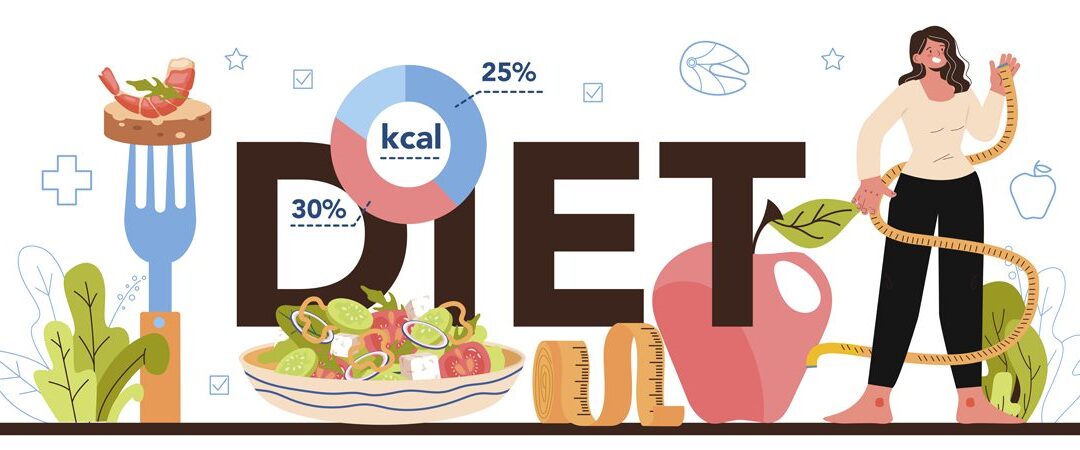Hello everyone,
I’m Keri Collins, your wellness enthusiast and mentor. Today, I want to discuss a topic that is close to my heart, one that I believe is instrumental in achieving and maintaining optimum health – The sustainability of diets versus the power of healthy lifestyle changes.
In a society that is often entranced by quick-fix solutions and instant gratification, the appeal of dieting is undeniably strong. Diets promise fast results, often with less regard to sustainability or long-term health. But there’s a critical problem with this approach – dieting is usually not sustainable.
# Diets Are Not Sustainable
Let’s start by understanding why diets often fail us in the long run.
Diets are often seen as a temporary solution, an intense period of restriction and discipline that is different from your normal way of eating. They tend to encourage an “all-or-nothing” mindset, often leading to an unhealthy relationship with food where certain foods are “good” or “bad.” This mindset can be mentally exhausting and can even lead to unhealthy eating behaviors.
Moreover, most diets focus on the scale and not on holistic health. They tend to overlook the importance of other factors like physical activity, sleep, stress management, and mental health. This narrow perspective does not promote overall well-being, but instead, perpetuates an unhealthy focus on weight alone.
Lastly, diets often demand drastic, hard-to-maintain changes. For example, completely eliminating a food group may work in the short term, but in the long run, it’s difficult to maintain such restrictions. This is why many people find themselves “yo-yo dieting” or bouncing back and forth between extreme dieting and unrestricted eating, which can be harmful to both physical and emotional health.
# The Power of Healthy Lifestyle Changes
On the other hand, healthy lifestyle changes embrace a different, more holistic approach. Rather than focusing on restriction and quick fixes, healthy lifestyle changes emphasize balance, flexibility, and long-term well-being.
Here’s why healthy lifestyle changes work better:
1. Balance over Restriction: Lifestyle changes encourage balance and moderation rather than extreme restriction. It’s about incorporating all types of foods, in moderation, and emphasizing nutrient-rich foods like fruits, vegetables, whole grains, and lean proteins most of the time.
2. Physical Activity and Health: Healthy lifestyle changes acknowledge that physical activity is an essential component of health. Regular exercise not only helps maintain a healthy weight, but it also improves cardiovascular health, boosts mood, and reduces the risk of chronic diseases.
3. Mental and Emotional Well-being: Healthy lifestyle changes extend beyond physical health to also encompass mental and emotional well-being. Stress management, quality sleep, and social connections are all integral parts of a healthy lifestyle.
4. Sustainability: Most importantly, healthy lifestyle changes are sustainable. They’re about creating long-lasting habits, not quick, temporary fixes. Small, incremental changes are easier to maintain and more effective in the long run.
So, let’s rethink our approach to health and wellness. Instead of looking for the next diet, let’s shift our focus towards sustainable, healthy lifestyle changes. Let’s treat our bodies with respect and nourish them with balanced, nutritious meals. Let’s move our bodies in ways that feel good and find activities that we genuinely enjoy. Let’s prioritize our mental and emotional well-being and foster healthy relationships with food.
Remember, the journey towards health and wellness is not a sprint; it’s a marathon. So let’s embrace the process and celebrate the small victories along the way.
Here’s to a healthier, happier, and sustainable lifestyle!
Warmly,

